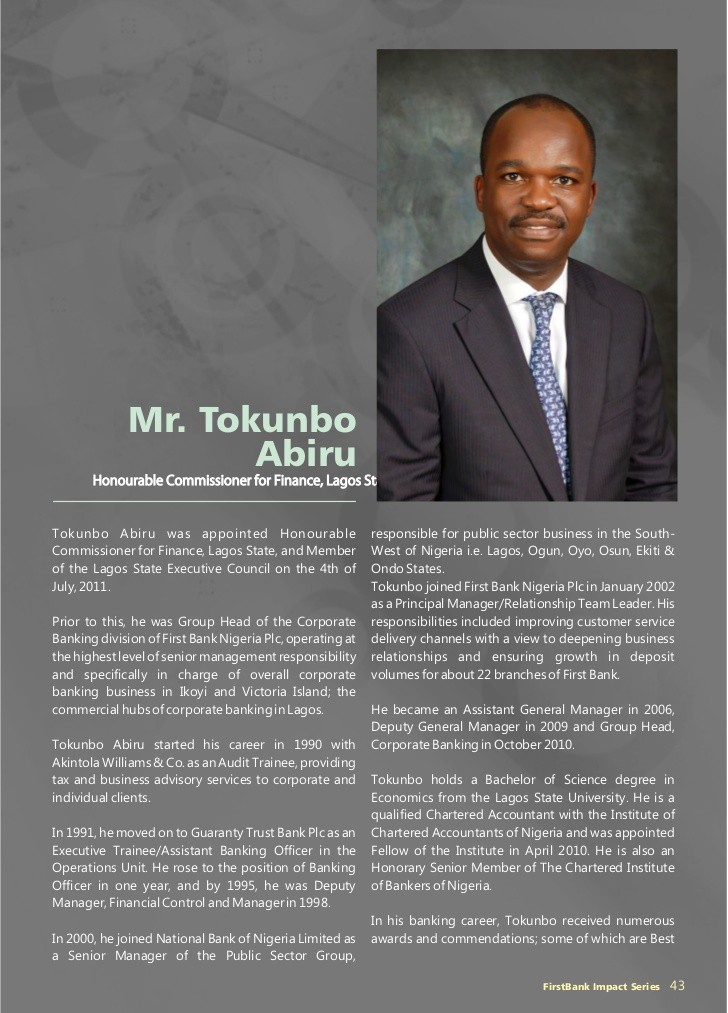Chicago Financial Advisors at Quantum Capital Investments Provide Financial New and Information
Post on: 29 Апрель, 2015 No Comment

Dollar-cost averaging (DCA) is a wealth-building strategy that involves investing a fixed amount of money at regular intervals over a long period. This type of systematic investment program is familiar to many investors, as they practice it with their 401(k) and 403(b) retirement plans. When it comes to implementing investment strategies based on dollar-cost averaging, there may be no better investment vehicle than our Commission Free ETFs (Exchange Traded Funds) the structure of these investments almost seems to have been designed with dollar-cost averaging in mind. Here we look at why, helping you use dollar-cost averaging when investing for your IRA, Roth. 401k or personal investment accounts.
Review of Dollar-Cost Averaging
Dollar-cost averaging is carried out simply by investing a fixed dollar amount into a fund(or other investment instrument) at pre-determined intervals. The amount of money invested at each interval remains the same over time, but the number of shares purchased varies based on the market value of the shares at the time of a purchase. When the markets are up, you buy fewer shares per dollar invested due to the higher cost per share. When the markets are down, the situation is reversed and you purchase a greater of number of shares per dollar invested. Its a strategic way to invest because you buy more shares when the cost is low, so you get an average cost per share over time, meaning you dont have to invest the time and effort to monitor market movements and strategically time your investments.
Why Dollar-Cost Averaging Works Well With ETFs
The expense ratio that a Commission Free ETF investors pay to invest is a fixed percentage of your purchase. That percentage takes the same relative bite out of a $25 investment or regular installment amount as it would out of a $250 or $2,500 lump-sum investment. Compared to Mutual Funds or stock trades, for example, where a flat commission is charged on each transaction, the value of the fixed-percentage expense ratio is startlingly clear. Consider the following:
Example A
- By making a $25 purchase of a Commission Free ETF that charges a 20 basis-point expense ratio, you pay $0.05, which amounts to a 0.2% fee.
- By making a $250 lump-sum investment in the same fund, you pay $0.50, or a 0.2% fee.
Example B
- By making a $25 investment in a typical stock through a broker who charges $10 commission per trade, you pay $10, which amounts to a 40% fee.
- By making a $250 investment in a typical stock through a broker who charges $10 commission per trade, you pay $10.00, which amounts to a 4% fee.

The examples above show that you have to buy more stock in order for the percentage of the commissions to go down. In comparison, the structure of the Commission Free ETF fund expense ratio makes the investment more accessible: the no-commission trading of the ETFs coupled with low minimum investment requirements allows almost everyone to afford ETFs.
Furthermore, as your advisor, we can waive the required minimums for investors who set up automatic contribution plans (plans that put dollar-cost averaging into action). All this enables low-wage earners and folks with tight budgets to invest $10 or $25 or another nominal amount on a regular basis without worrying about the impact of trading costs. While small contributions may not seem impressive at first glance, they enable investors to get into the habit of saving, and can really add up over the course of a lifetime thanks to the power of compounding.
Of course, dollar-cost averaging with Commission Free ETFs isnt a strategy that is limited to use by the less than affluent. If you have a large sum of money and invest it all at once, you face the risk that declining financial markets will take a huge chunk out of your portfolio. Dollar-cost averaging offers the perfect solution to your dilemma. To facilitate a long-term strategy for investing large sums of money, many mutual funds offer investors the ability to make a lump-sum investment in a money market fund, from which predetermined amounts are automatically invested into a designated higher-risk mutual fund at pre-arranged intervals. Its a convenient, cost-efficient solution that mitigates concerns about investing a large sum of money at the wrong time.
A Long-Term Strategy
Regardless of the amount of money that you have to invest, dollar-cost averaging is a long-term strategy. While the financial markets are in a constant state of flux, they tend to move in the same general direction over fairly long periods of time. Bear markets and bull markets can last for months, if not years. Because of these trends, dollar-cost averaging is generally not a particularly valuable short-term strategy.
Consider, for example, an investor making 10 purchases of an ETF shares over the course of a month. While it is unlikely that the purchase price of the shares will be identical for each transaction, it is also unlikely that they will differ significantly over such a short time frame.
On the other hand, over the course of a market cycle lasting five or 10 years and including a bull market and a bear market, the price of a given security is likely to change significantly. Dollar-cost averaging will help to ensure that your average cost per share represents both the premiums of a bull market and the discounts of a bear market, as opposed to just the premiums usually paid by investors in a bull market.
Conclusion: Keep Costs in Mind
While low, percentage-based expense ratios make Commission Free ETFs the perfect vehicle for dollar-cost averaging, it pays to exercise caution when it comes to your investments. Be sure to read the disclosure materials prior to investing and make sure you are aware of all expenses associated with your investments.
Contact us today with any questions on how we can help you.
1-800-895-4918














